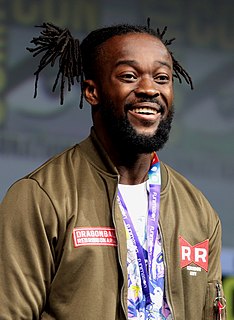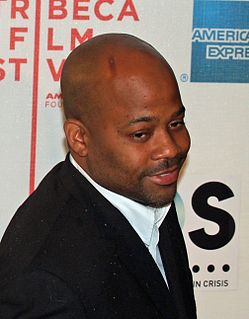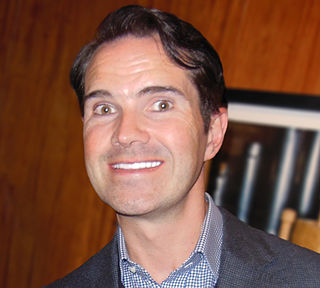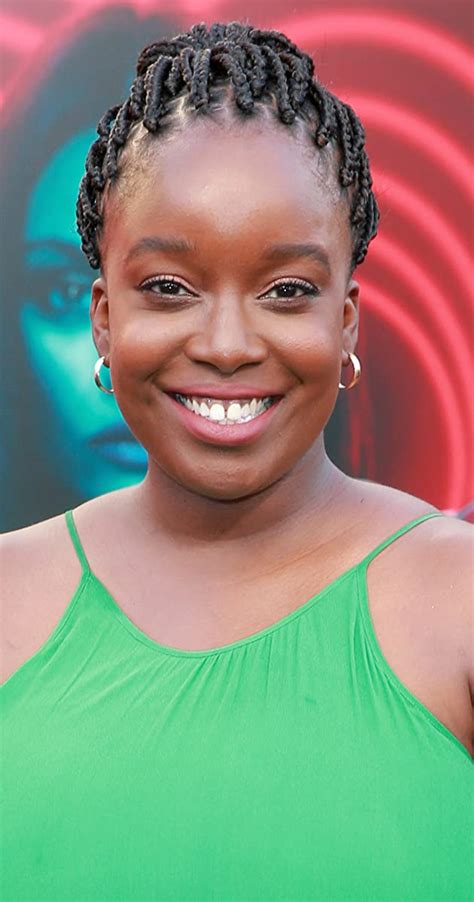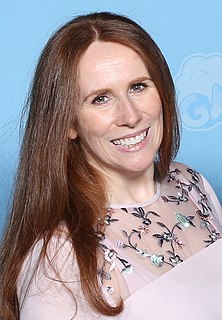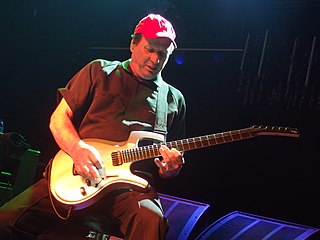A Quote by Awkwafina
If you don't address race, then people are like, 'Why don't you talk about the elephant in the room?' But you have to do it right. It can't be gimmicky.
Related Quotes
I think that the reason that people are so up in arms about movies that have historical inaccuracies is because now that we've trashed our education institutions beyond repair, people fear that the only people are getting their histories is through the movies, so the elephant in the room is that no one wants to talk about why we're so passionately obsessed with accuracy.
When I talk about intersex, people ask me, 'But what about the locker room?' Yes, what about the locker room? If so many people feel trepidation around it, why don't we fix the locker room? There are ways to signal to children that they are not the problem, and normalization technologies are not the way.

